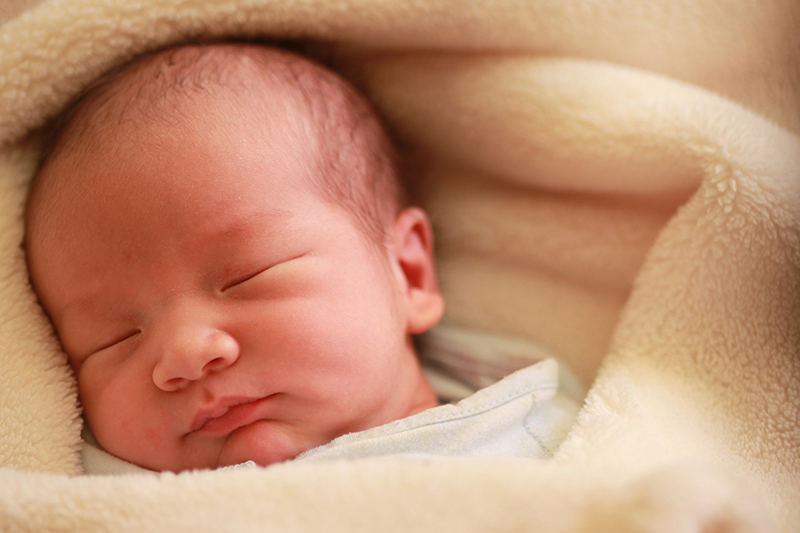Families For Life | Newborn Sleep Routines

Flexibility is the key word when it comes to sleeping routines for newborn babies.
Newborn sleep: some basics
Newborns will spend most of their time asleep. They’re programmed to sleep in short bursts of about 2-3 hours between feeds, night and day.
Your baby will need your attention during the night for feeding and settling for up to the first six months. Some babies will continue waking even after this.
Sleep routines for newborns can be as varied as they are for babies and parents. The approach you take will depend on the sleep choices you make, such as where your baby sleeps (in her own bed, in your bed, in a bed in your room).
Some parents opt for little or no routine at all, content to follow their baby’s lead. Others find that a very simple, flexible routine seems to help their baby, and helps them to feel more in control.
This isn’t the time for rigid plans. You might find your baby won’t fit into even the best-laid plans anyway! In the first few months of your baby’s life, it’s best to go slowly – get to know each other, and work out what’s best for baby and for you.
Feed, play and sleep
With a newborn, it pays to be flexible about when your baby sleeps and feeds. Many infant health experts believe that, when it feels right for you, it can help to begin doing things in a similar order each day – feed, play, sleep.
When your baby wakes up:
Offer a feed
Change your baby’s diaper
Take time for talk and play
Put your baby back down for sleep
At night-time, you might choose not to play and instead focus on re-settling your baby straight back to sleep.
For young babies, playtime might just be a quiet cuddle or some time stretching out and kicking on a blanket. Little babies get tired after about 10-20 minutes. You can watch your baby’s tired signs and body language to see when it’s time to stop.
The key is to follow your baby’s lead about when to feed, play and sleep, but to start doing these things in a similar order through the day.
Daytime sleep
Keeping your baby awake all day won’t help your baby sleep better at night. Daytime sleep is important too. But it’s best not to let your baby sleep longer than four hours in one stretch during the day. After that, babies need to feed.
Feeding and sleep
Generally, newborns need to be fed every 2-4 hours. Your baby will sleep better after a good feed.
Settling
Newborns need your help when they’re unsettled. If they’ve been fed in the last two hours, cuddling and comfort are in order. You could also try topping your baby up with a feed to help send your baby to sleep.
Wrapping your newborn in lightweight cotton or muslin can help settling. There is evidence that wrapping can reduce crying and waking. This is because wrapping helps keep babies stable on their backs and reduces flapping arms.
© raisingchildren.net.au, translated and adapted with permission
Explore more